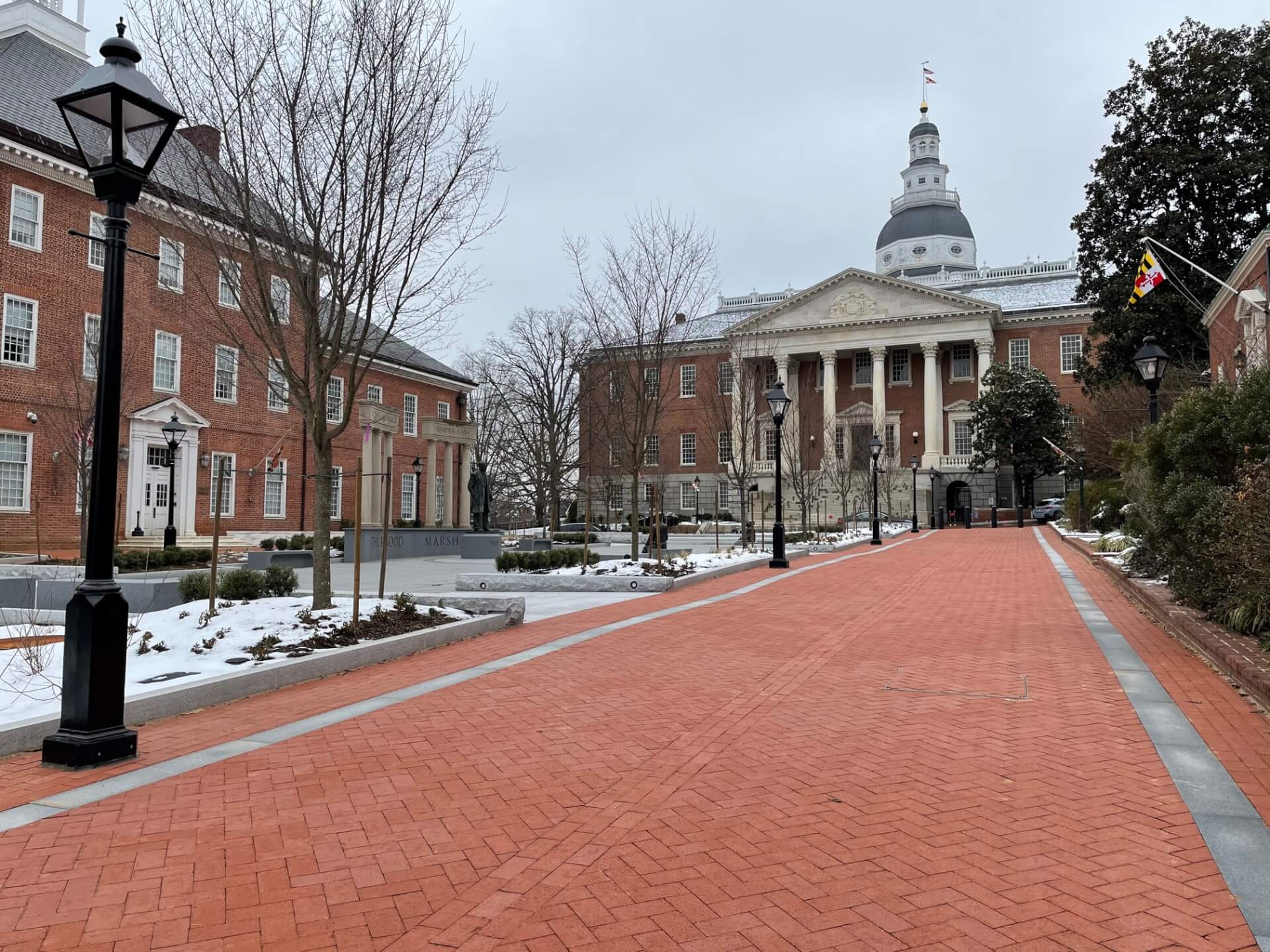Senate Unanimously Approves $51 Billion Budget Plan

Maryland’s Senate gave unanimous approval Thursday to a nearly $51 billion budget plan, and final negotiations with House lawmakers could begin as early as Friday.
The budget has grown steadily during the legislative session thanks to federal stimulus funding and higher-than-anticipated revenue estimates.
Sen. George C. Edwards (R-Garrett), a member of the Budget and Taxation Committee, said he was worried throughout the legislative session about additional funding considerations and supplemental budgets continually flowing into the committee.
“This is probably the most unique budget that we’ve dealt with, since I’ve been in the legislature,” Edwards said. “…We have money flowing down from the government like it’s springing up from an artesian well. And almost weekly our committee, with the great leadership of our chairman, had to look at this and how we were going to do it – and do it in a way that doesn’t get us in the hole as we go down the road.”
Overall, Edwards said he was pleased that the committee chose targeted spending in the short term, with proper oversight of the additional funds.
Chairman Guy J. Guzzone (D-Howard) said the committee planned carefully to avoid using “one-time” federal stimulus funding for ongoing expenses, focusing instead on investments like the state’s pension system and savings that would position the state better for the future.
Overall, the Senate’s plan brings the state budget for fiscal year 2022 to $50.96 billion. That figure includes maintaining $1.8 billion in state savings accounts, and forecasts a structural surplus by 2026.
The budget plan also includes $621.7 million for legislative priorities not funded by Gov. Lawrence J. Hogan Jr. (R), including directing more than $420 million to the state’s rainy day fund, and restoring proposed formula funding cuts to private and community colleges.
The Senate made 75 amendments to the House version of the budget bill, and about a dozen changes to the Budget Reconciliation and Financing Act. Most of the disagreements are minor and relate to requiring reports about spending and programs at different government agencies and offices.
The only specific budget provision that was discussed even briefly on the Senate floor was funding for Hogan’s BOOST program, which provides vouchers for low-income students to attend private schools.
Hogan proposed $10 million for the program in 2022. In what has been an annual difference of opinion, the House decreased funding to a little over $6.6 million and included a provision to limit the program to current students and their siblings, which eventually would phase out the program entirely. Senate amendments would eliminate that provision and restore funding to $7.1 million.
Sen. Cheryl C. Kagan (D-Montgomery) said Wednesday that she disagreed with directing public funding to private and parochial schools.
“I appreciate that we didn’t take the governor’s higher number,” Kagan said. “…I just feel like it’s appropriate to express a hope that in the future this program can be weaned out and we can keep public money for public schools.”
The Senate also removed language added by the House to fence off $2.8 million to be used only for operations at the Southern Maryland Pre-Release Unit in St. Mary’s County and the Eastern Pre-Release Unit in Queen Anne’s County, in an effort to keep those facilities operating. Hogan proposed zeroing out funding for the facilities in his initial budget.
The Senate also approved an amendment that reduces funding going from the Bay Restoration Fund to Valley Proteins – a company that processes chicken byproducts into an ingredient for pet food. The company had been slated to receive more than $12.7 million from the state for wastewater treatment improvements at its Linkwood plant. Lawmakers expressed concern that so much state funding, 83% of the project’s total cost, was going to a private company with a history of water pollution concerns, and the Senate reduced the allocation to $7.675 million, or half of the project’s cost.
The House and Senate are likely to name lawmakers to a conference committee to iron out differences between the spending plan on Friday.




 Creative Commons Attribution
Creative Commons Attribution